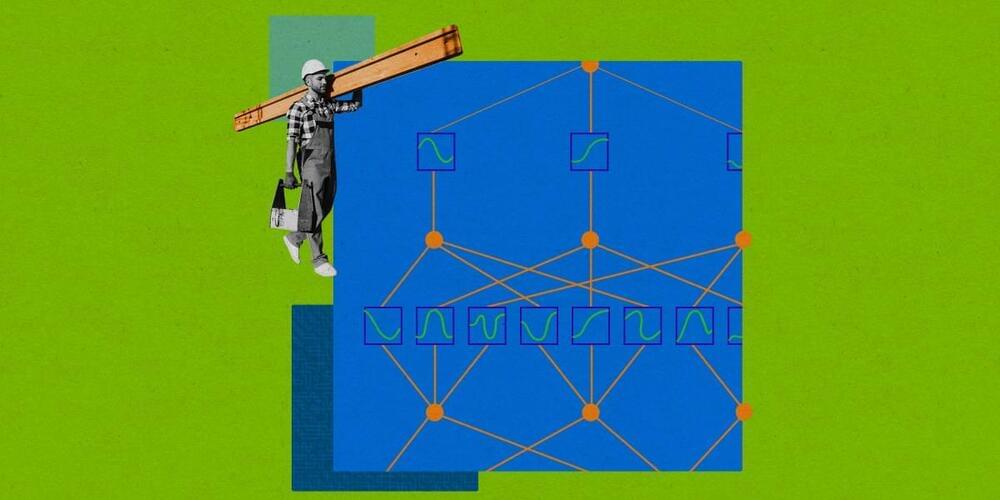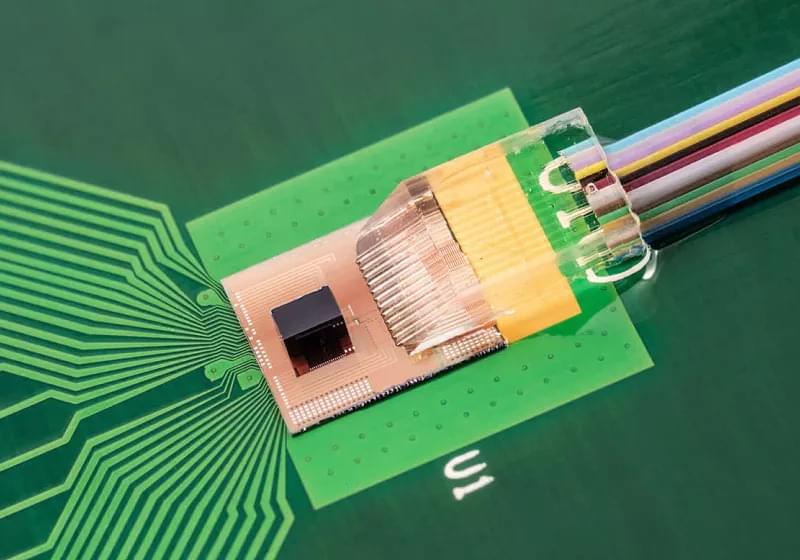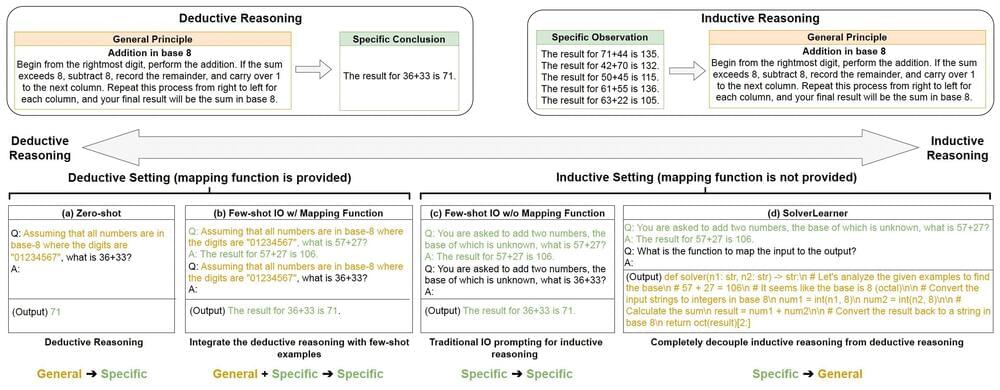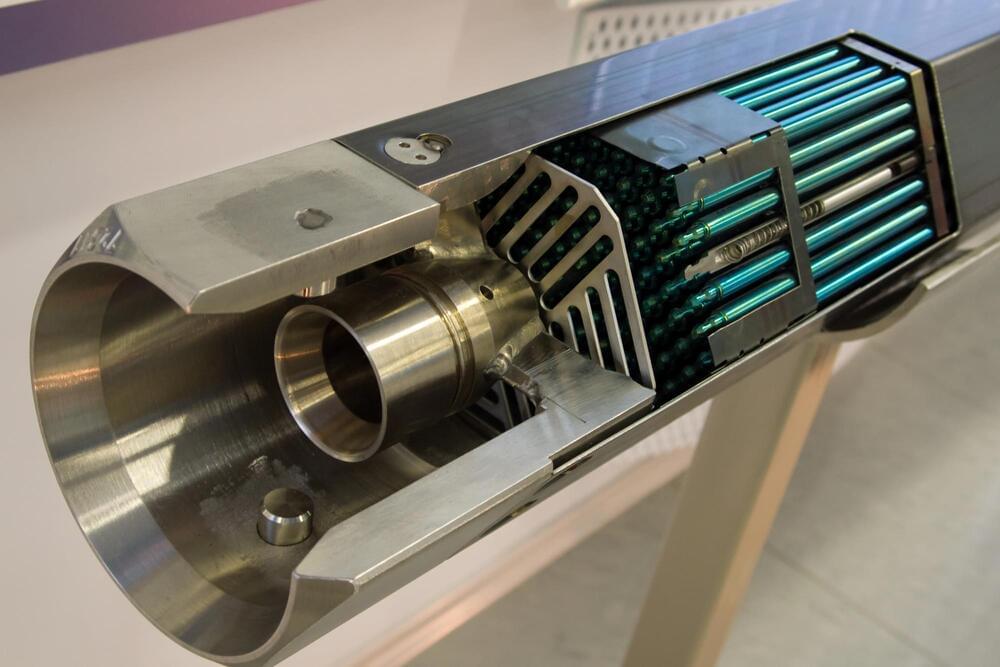Startup Deep Fission has come up with a new way to deal with the economic and safety problems of nuclear power that is, to say the least, novel. The idea is to build a reactor that’s under 30 inches (76 cm) wide and stick it down a mile-deep (1.6-km) drill shaft.
With its promise of limitless energy by breaking down matter itself, nuclear power has long held a utopian promise for humanity. However, economic and safety considerations, along with political opposition, have hindered its development – especially in the very countries that developed the technology.
The safety and economic factors are related because the high cost of building nuclear power stations has very little to do with the nuclear technology itself. Nuclear fuel, even with all the processing costs included, only comes to about US$1,663 per kilogram (2.2 lb). Because nuclear fuel has such an incredible energy density, that’s about 0.46 ¢/kWh – and the fuel costs keep dropping as the technology becomes more efficient.






